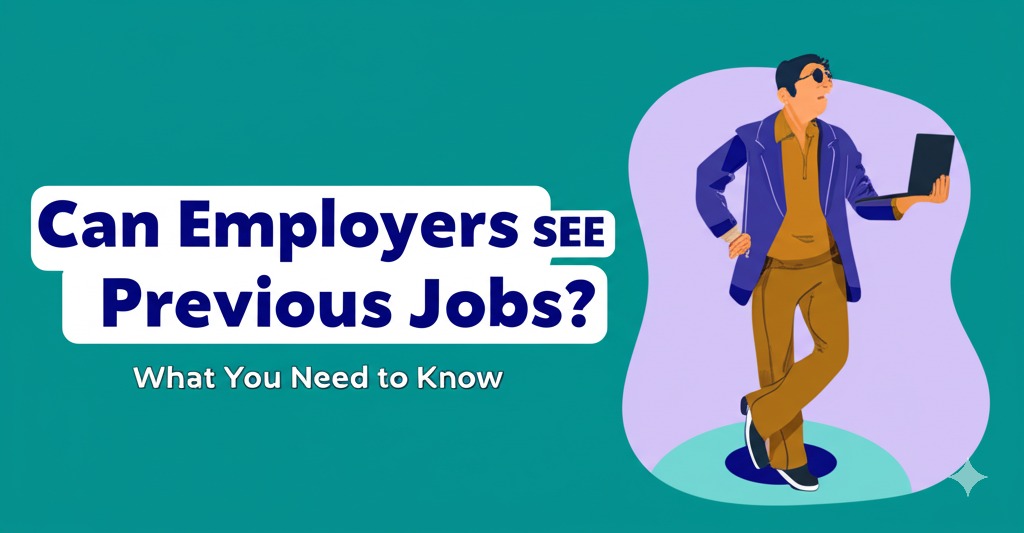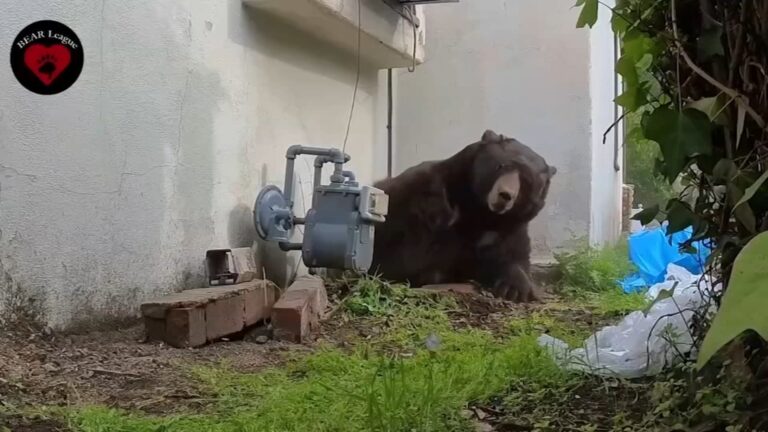
When you’re applying for a new job, one question often lingers in the back of your mind: Can employers see your previous jobs? Whether you’re looking to switch industries, hide a short-lived role, or simply curious about how background checks work, this topic is more relevant than ever.
In this article, we’ll break down what information employers can access, how they verify past employment, and what that means for you as a job seeker. Let’s clear the air and help you walk into your next interview with confidence.
What Information Do Employers Have Access To?
Employers typically rely on a mix of tools to verify a candidate’s job history. While they don’t have a magical database showing your entire employment record, they can confirm past employment through several methods:
- Background checks
- Reference checks
- Public records
- Social media and online profiles (like LinkedIn)
Background Checks: How Deep Do They Go?
A common way employers verify past employment is through background checks. Depending on the employer and industry, these checks may include:
- Dates of employment
- Job titles
- Employer names
- Reasons for leaving (in some cases)
Larger companies or government roles may conduct more thorough investigations, especially if the position involves sensitive information, finances, or security clearance.
Pro tip: Always be honest on your resume. Even if an employer doesn’t check every job, dishonesty can backfire if they find out later.
Can Employers See Jobs That Aren’t on Your Resume?
One of the biggest myths in job hunting is that if you don’t list it, it’s invisible. Unfortunately, that’s not entirely true.
Employment Gaps and Omitted Jobs
If you leave a job off your resume—say, because it was short-term or didn’t end well—an employer might still discover it during:
- Comprehensive background checks
- Social media reviews
- Conversations with mutual connections or references
Third-Party Employment Verification Services
Some large employers subscribe to databases like The Work Number, which store employment records from thousands of companies. If your previous employer participates, a future employer might be able to verify your past roles—even ones not on your resume.
What Employers Can Legally Ask and Access
There are legal limits to what employers can look into, especially in regions with strong privacy laws like the EU or states like California.
Laws That Protect You
- Fair Credit Reporting Act (FCRA): Requires consent before a third party conducts a background check.
- Equal Employment Opportunity Commission (EEOC): Prevents discrimination based on past employment details.
- Ban-the-box laws: In some areas, employers can’t ask about criminal history until after a job offer.
Employers must get your permission before accessing certain records. Always read the fine print when you sign a background check authorization.
How to Handle Past Jobs You Don’t Want Employers to See
There are legitimate reasons to leave certain jobs off your resume—maybe a toxic environment, a short-term contract, or a misaligned career move. Here’s how to handle it smartly:
1. Be Strategic With Your Resume
You’re not required to include every job you’ve ever had. Focus on roles relevant to the position you’re applying for.
2. Prepare a Polished Explanation
If an employer asks about a gap or omitted job, be honest without oversharing. For example:
“I took on a short-term role that helped me realize I wanted to focus on a different path.”
3. Keep LinkedIn Updated
Many recruiters cross-reference your resume with your LinkedIn profile. Make sure they match, or be ready to explain why they don’t.
Can Employers See Jobs From Years Ago?
Yes—but it depends.
- Recent jobs (last 7–10 years) are more likely to be verified.
- Older jobs may be less relevant or harder to verify, unless they’re critical to the role.
- Government jobs or roles with security clearance often require full employment history, regardless of how long ago it was.
What About Freelance or Self-Employment?
If you’ve been freelancing, consulting, or self-employed, you should still list those experiences on your resume. Employers may verify:
- Business registration or website
- Client references
- Tax documents or invoices (in rare cases)
Being transparent shows you’ve been active and gaining experience—even outside of traditional employment.
Conclusion: Transparency is Key
So, can employers see your previous jobs? Yes, to an extent—but not always every single one. Still, it’s wise to assume that any job you’ve had could come up, especially during a thorough background check.
Here’s What You Can Do:
- Be honest and strategic on your resume.
- Understand what background checks can reveal.
- Be ready with a professional explanation for any gaps or omissions.
- Keep your online presence aligned with your resume.
Your career journey is yours to tell—just make sure it’s consistent and truthful.

Andre Cuevas provides career insights, job search strategies, and professional advice to help individuals navigate the job market and achieve their career goals.





